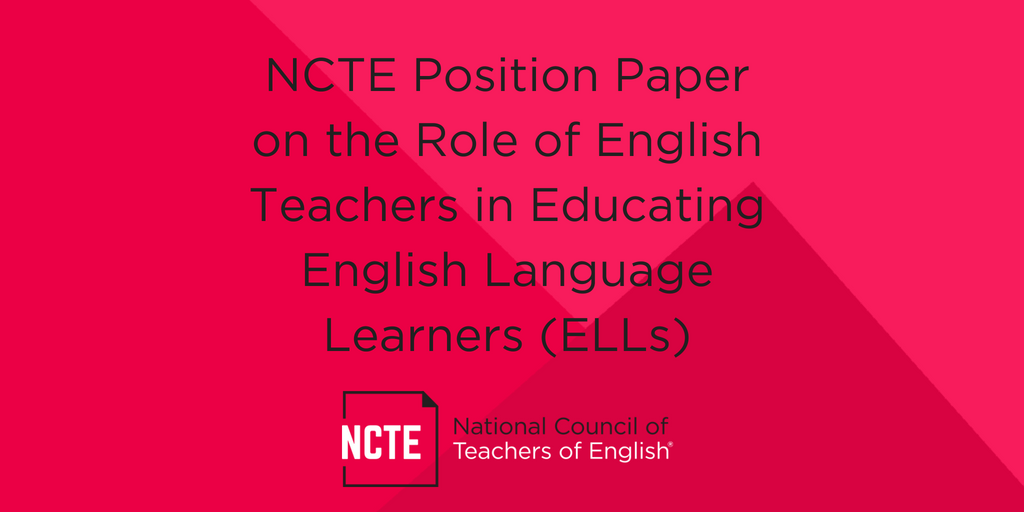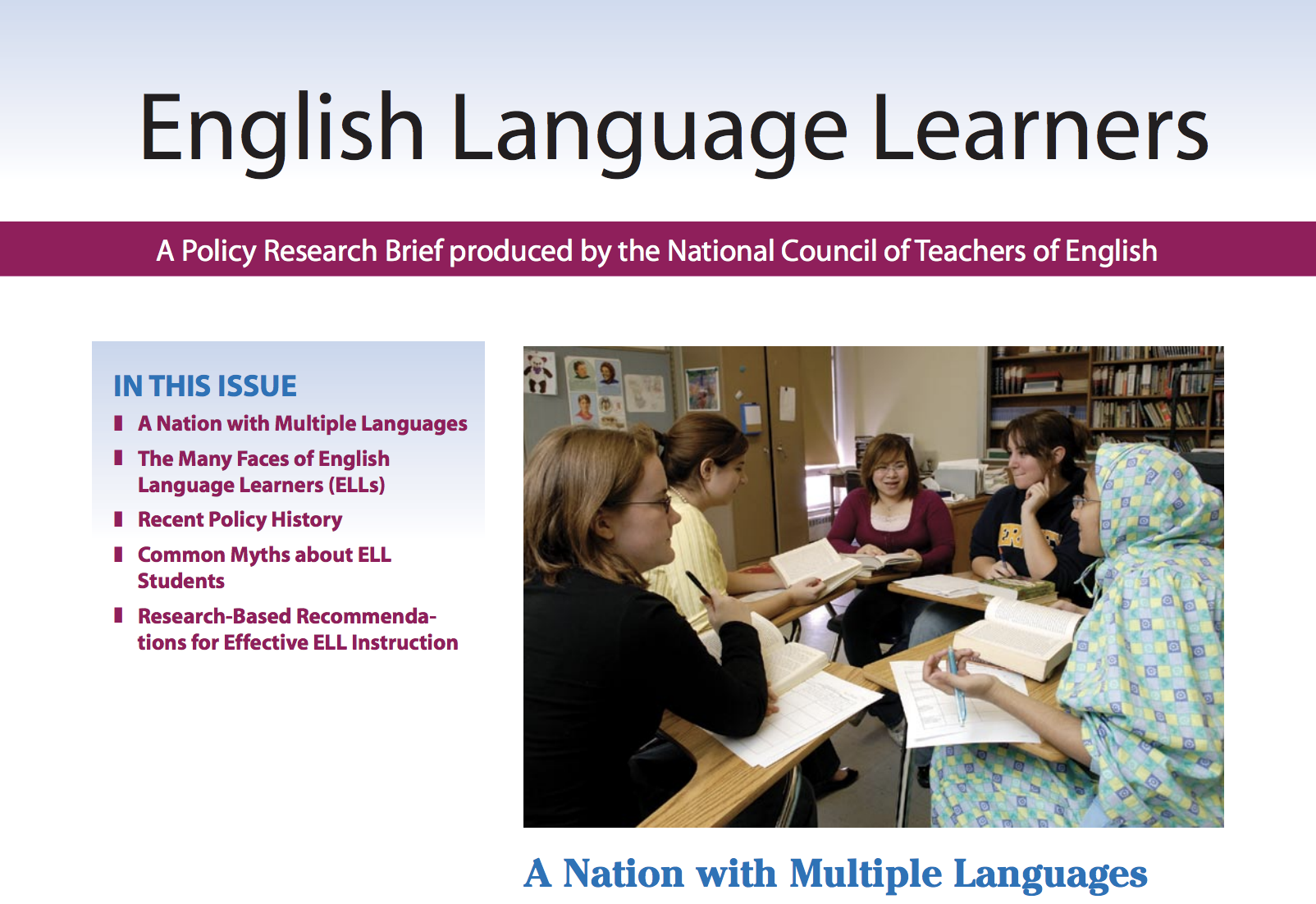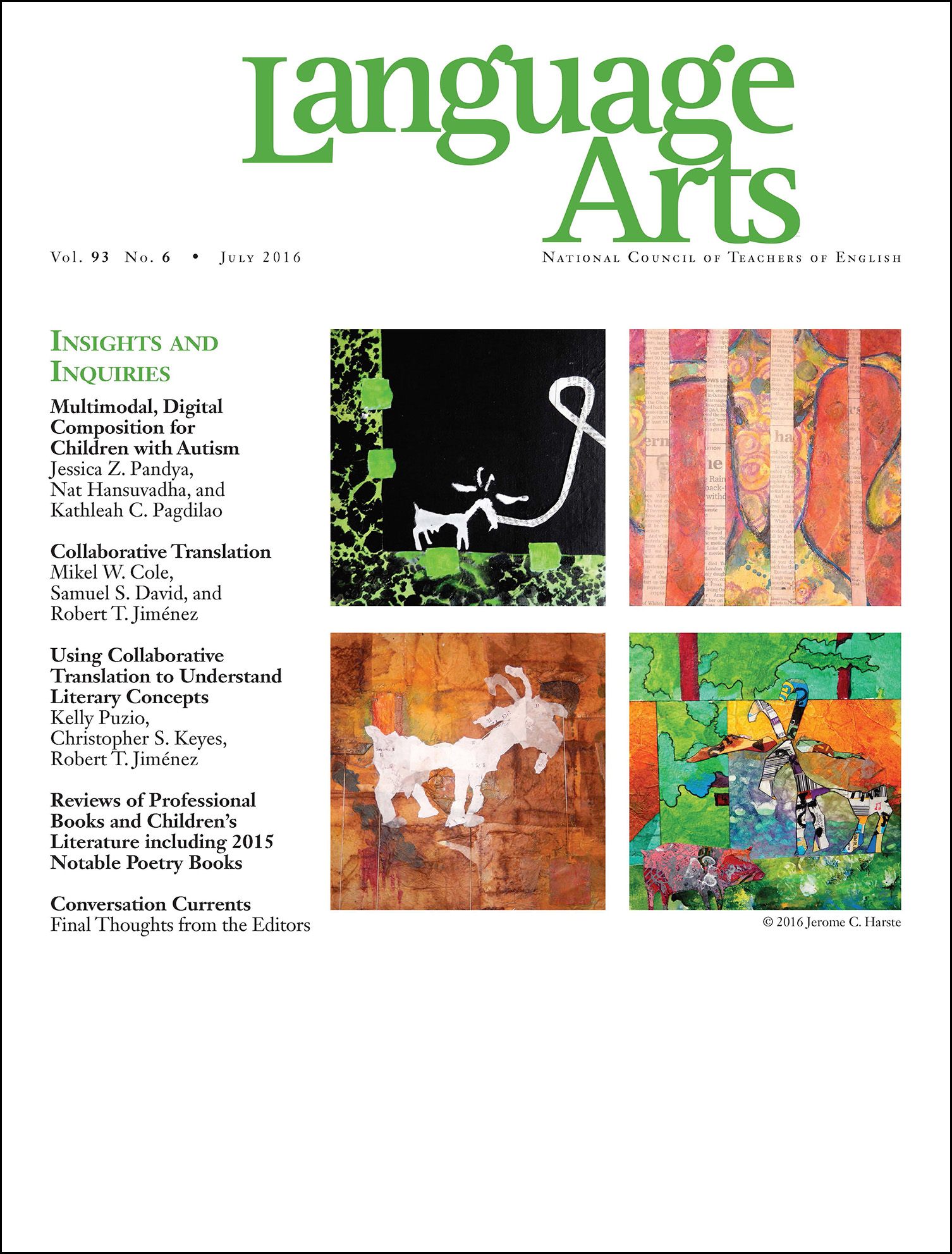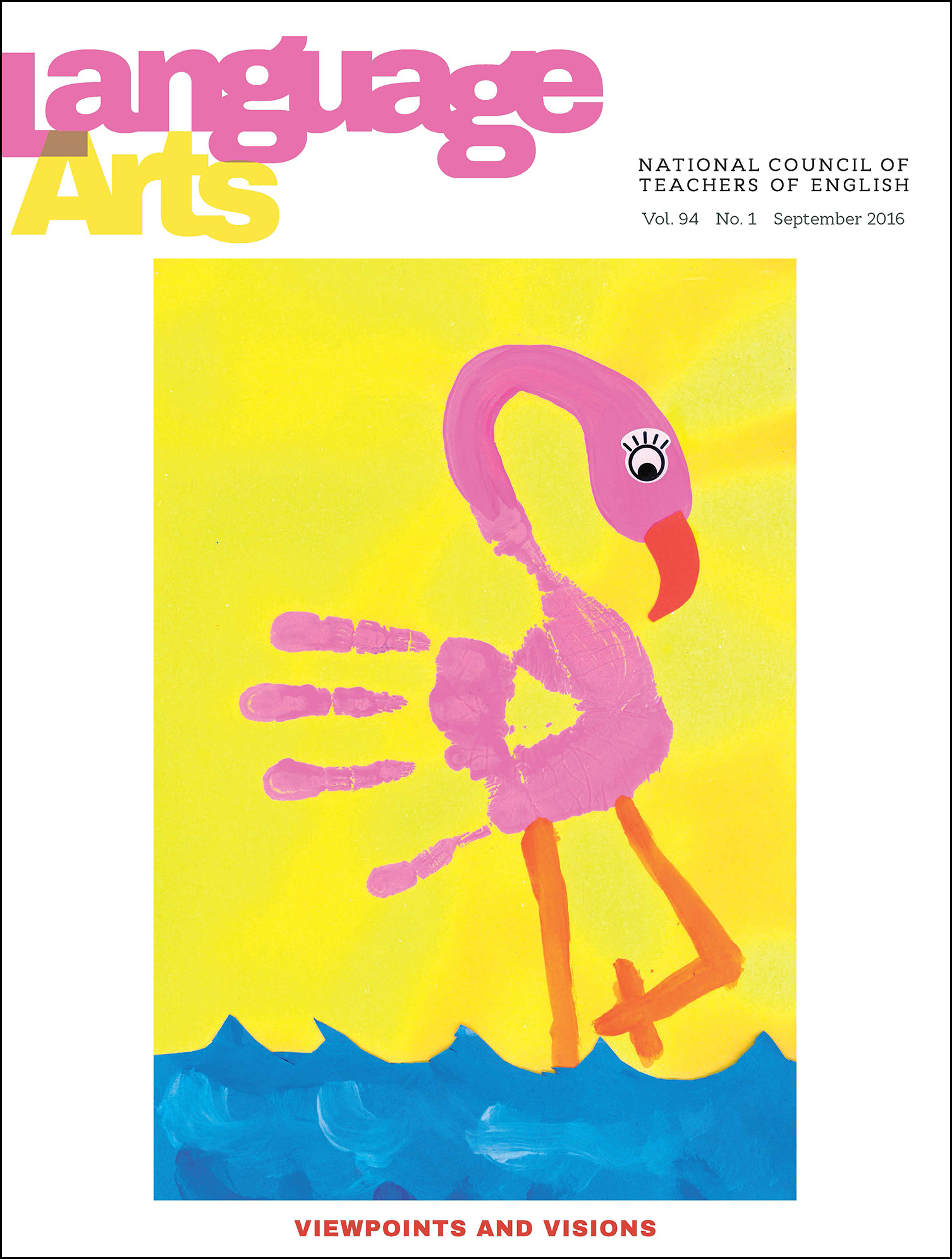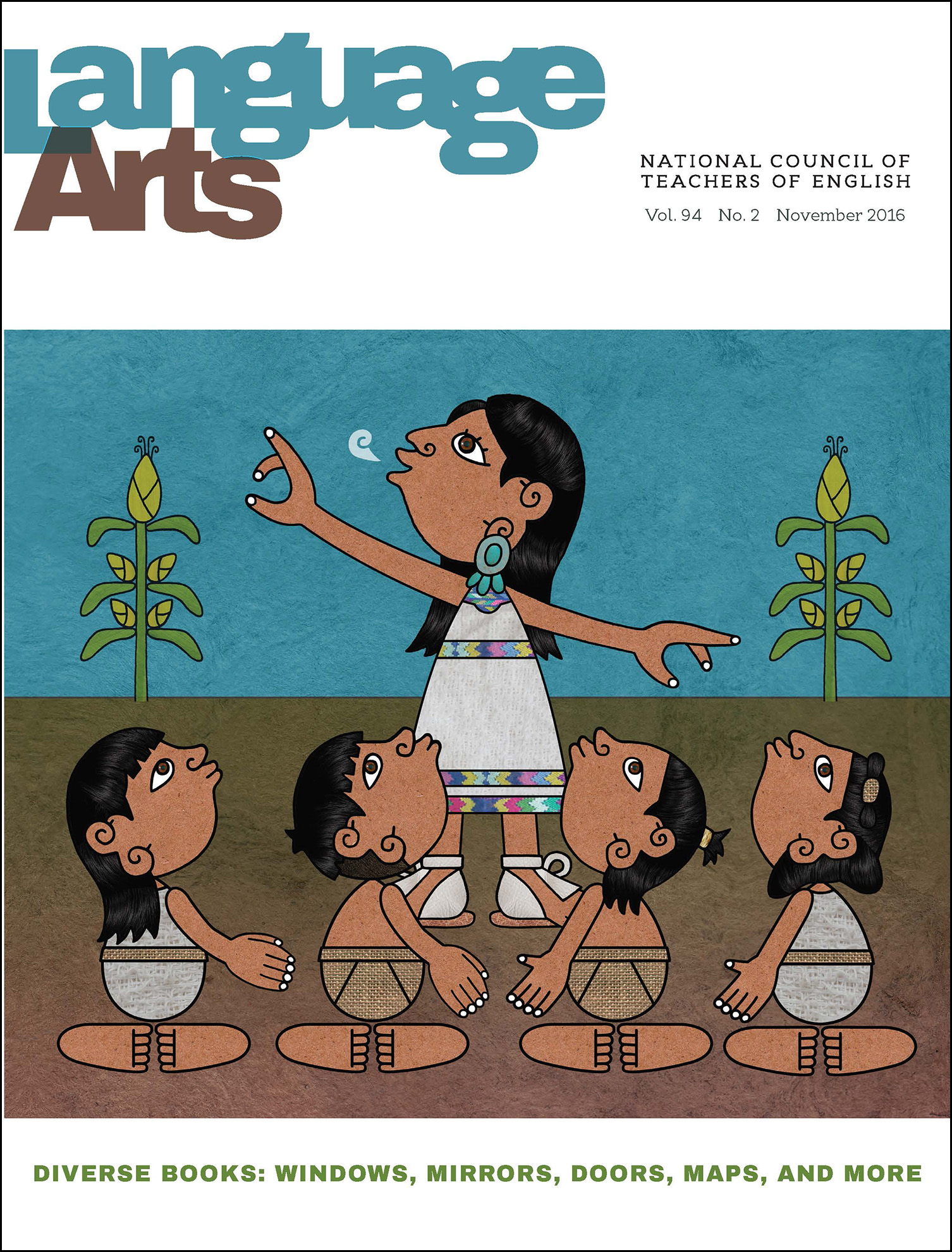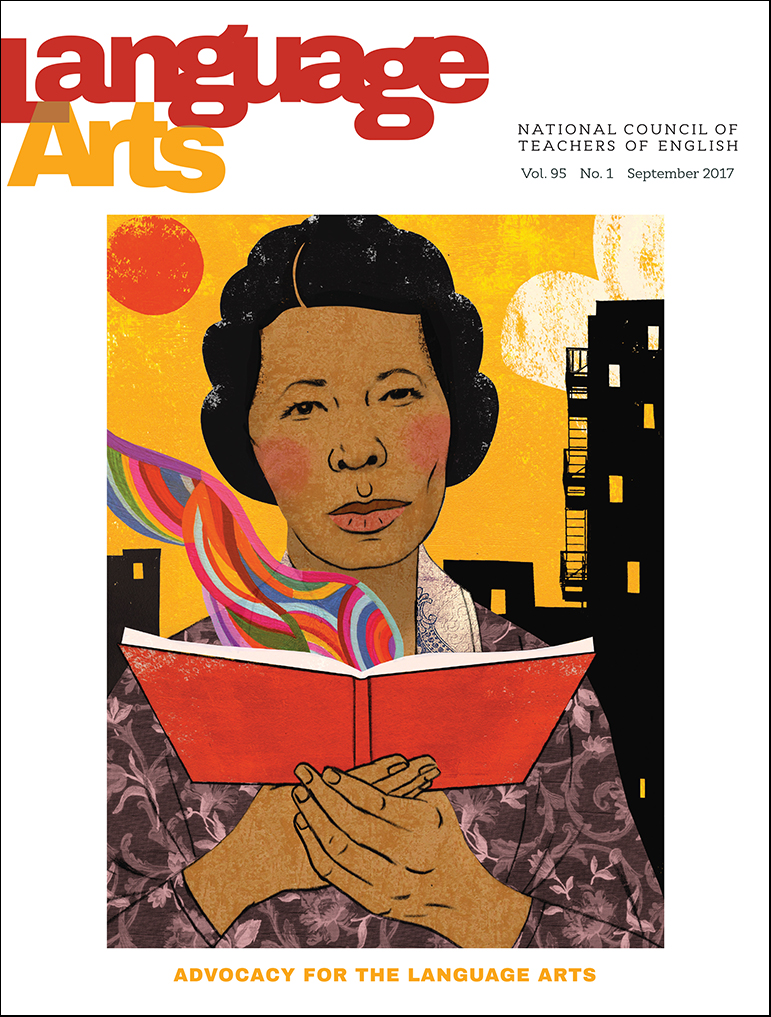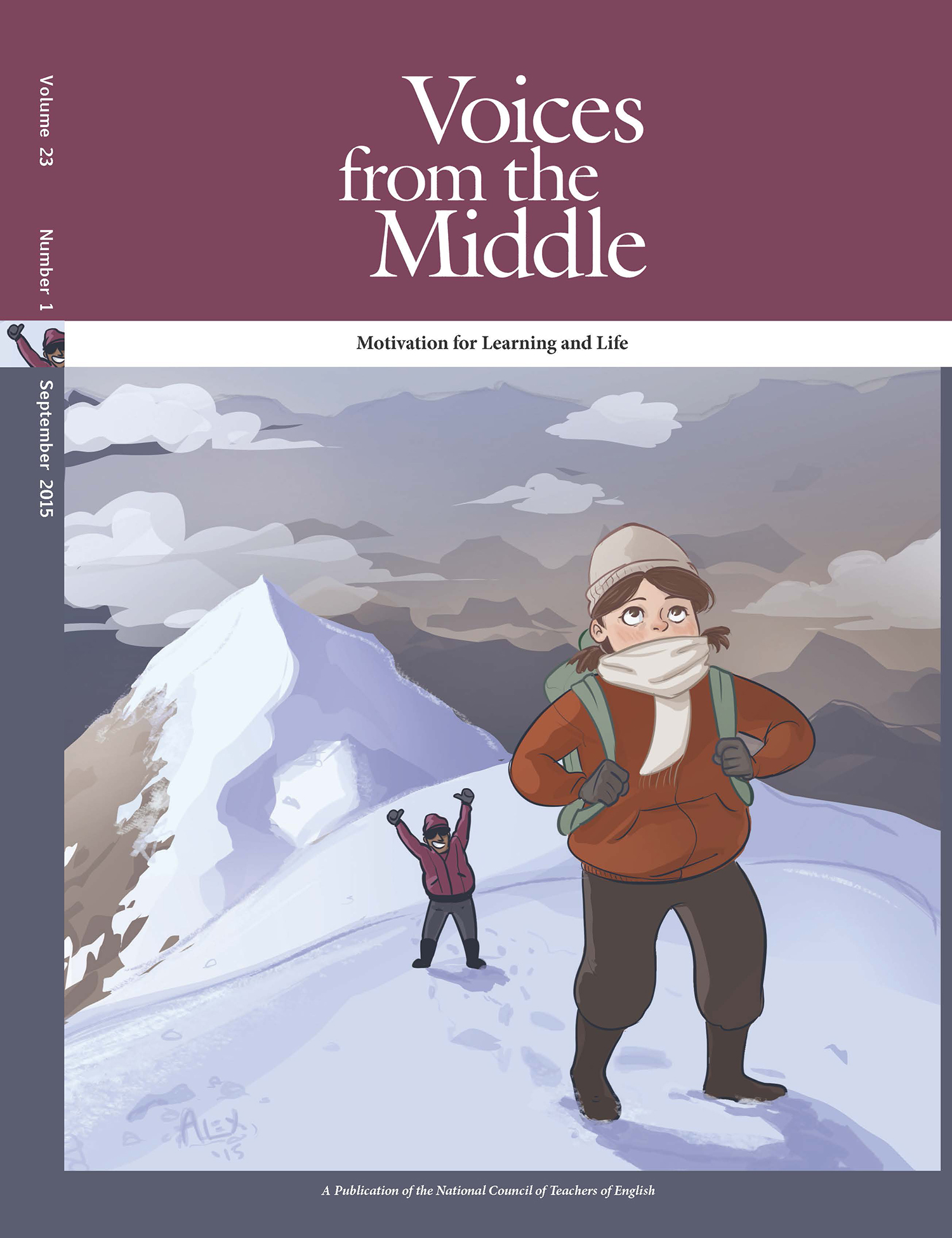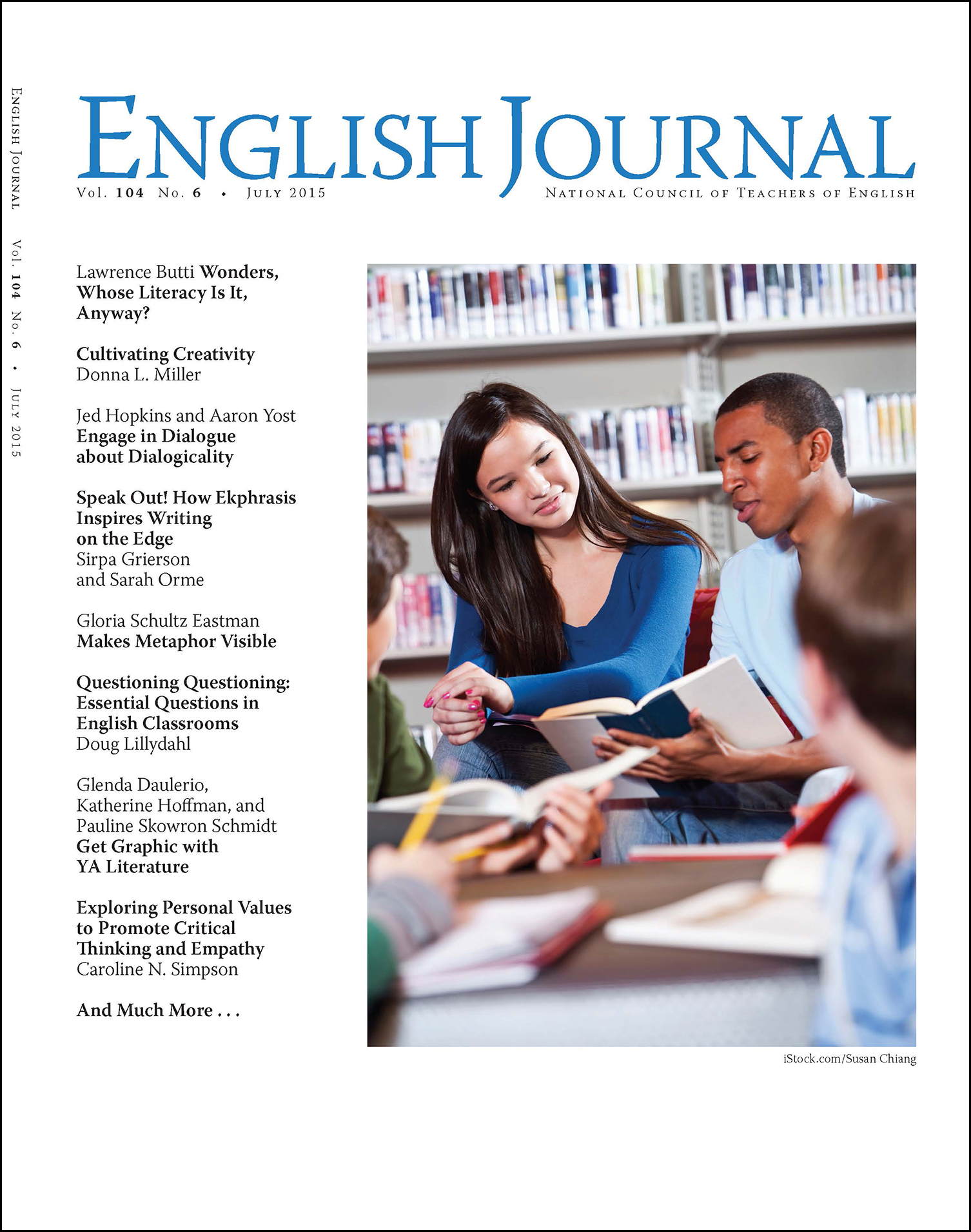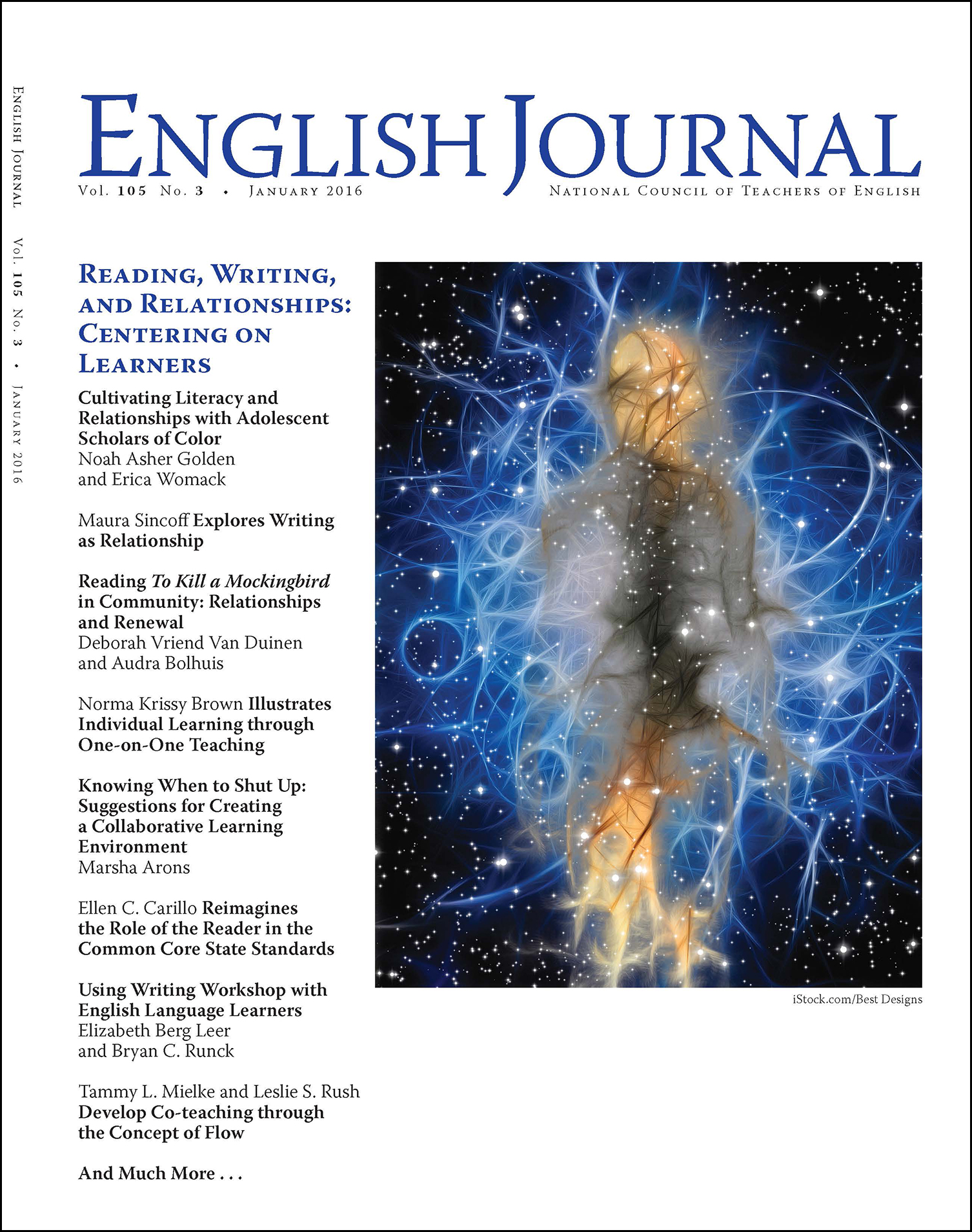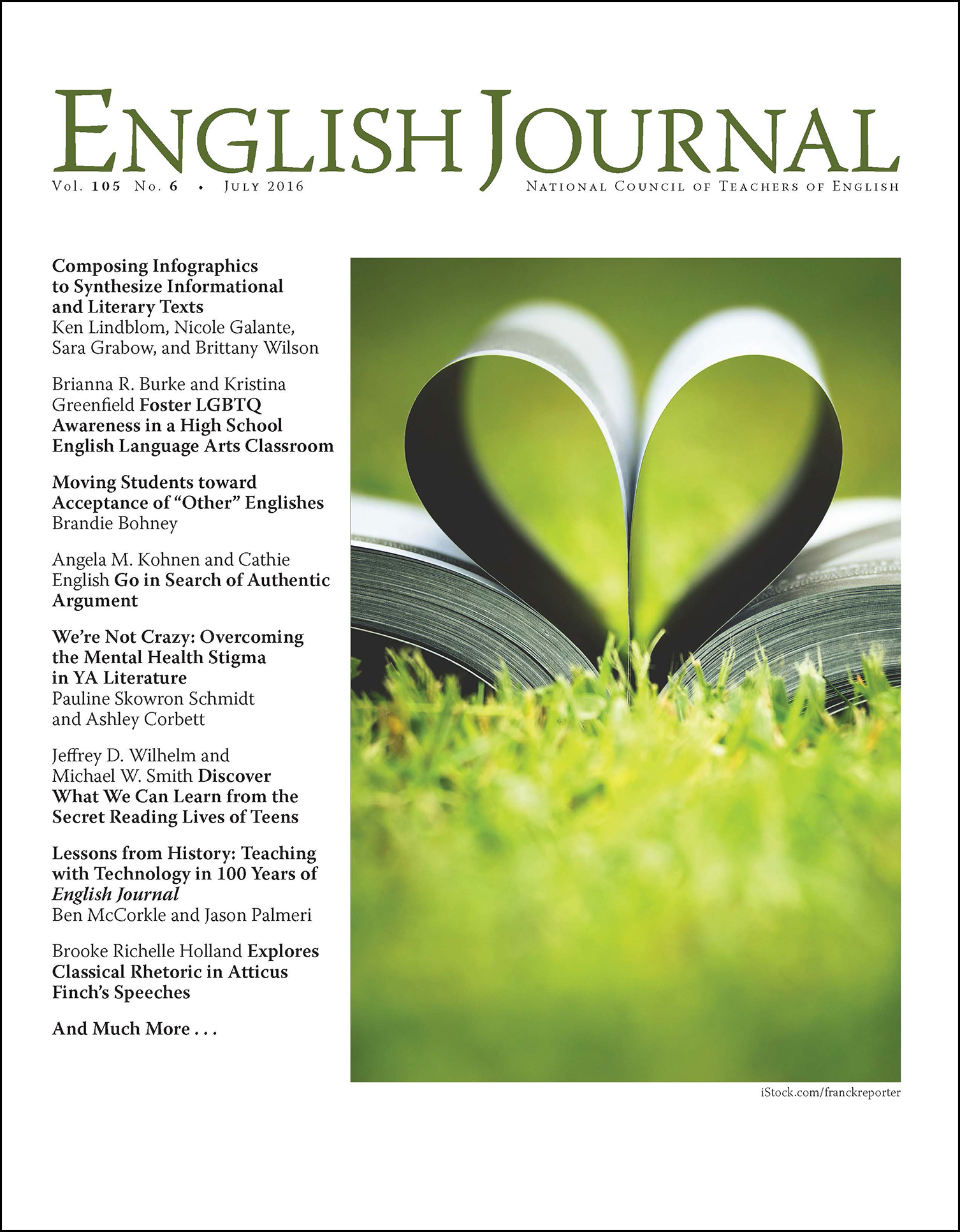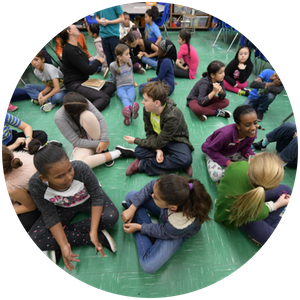Policy Brief: English Language Learners
ELL students are a diverse group that offers challenges and opportunities to U.S. education and to English language arts teachers in particular. This NCTE Policy Research Brief addresses some common myths and provides research-based recommendations for effective ELL instruction.
Learn MoreBlog Posts
Culturally Responsive Teaching in Today’s Classrooms
Member Valentina Gonzalez offers a number of recommendations to ensure a culturally responsive classroom and respecting each student’s unique culture.
ESL, ELL, Generation 1.5—Why Are These Terms Important?
The authors of a new strand of NCTE’s Principles in Practice Imprint, Teaching English Language Learners, explain why they (mostly) use the term English language learner in these books and then share a collaboratively-written glossary of commonly used terms.
Books
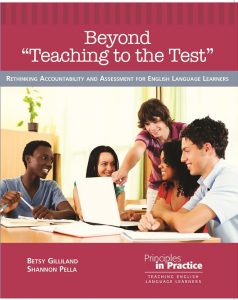 Beyond “Teaching to the Test”: Rethinking Accountability and Assessment for English Language Learners by Betsy Gilliland and Shannon Pella gives teachers the background and strategies to make their teaching and support equitable for ELLs. Examining how teachers can support learners’ reading, writing, and academic language development, and illustrated with examples of real teachers at work, the authors explain teaching for accountability, formative and summative assessment, and preparation for high-stakes testing, as well as provide suggestions for teaching, guiding questions for discussion, and resource recommendations.
Beyond “Teaching to the Test”: Rethinking Accountability and Assessment for English Language Learners by Betsy Gilliland and Shannon Pella gives teachers the background and strategies to make their teaching and support equitable for ELLs. Examining how teachers can support learners’ reading, writing, and academic language development, and illustrated with examples of real teachers at work, the authors explain teaching for accountability, formative and summative assessment, and preparation for high-stakes testing, as well as provide suggestions for teaching, guiding questions for discussion, and resource recommendations.
Watch a video of Principles in Practice editor Cathy Fleischer talking with the authors about their book.
Read a sample chapter, “So They May Learn and Thrive: Accountability for Equity.”
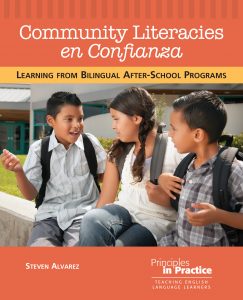 Community Literacies en Confianza: Learning from Bilingual After-School Programs by Steven Alvarez directly addresses teachers who are learning about emergent bilingual students. The author offers ideas for approaching, engaging, and partnering with students’ communities to design culturally sustaining pedagogies that productively use the literacy abilities students bring to schools.
Community Literacies en Confianza: Learning from Bilingual After-School Programs by Steven Alvarez directly addresses teachers who are learning about emergent bilingual students. The author offers ideas for approaching, engaging, and partnering with students’ communities to design culturally sustaining pedagogies that productively use the literacy abilities students bring to schools.
Watch a video of Principles in Practice editor Cathy Fleischer talking with Alvarez about his book.
Read a sample chapter, “Community Literacy Pedagogies: From a Translingual View.”


